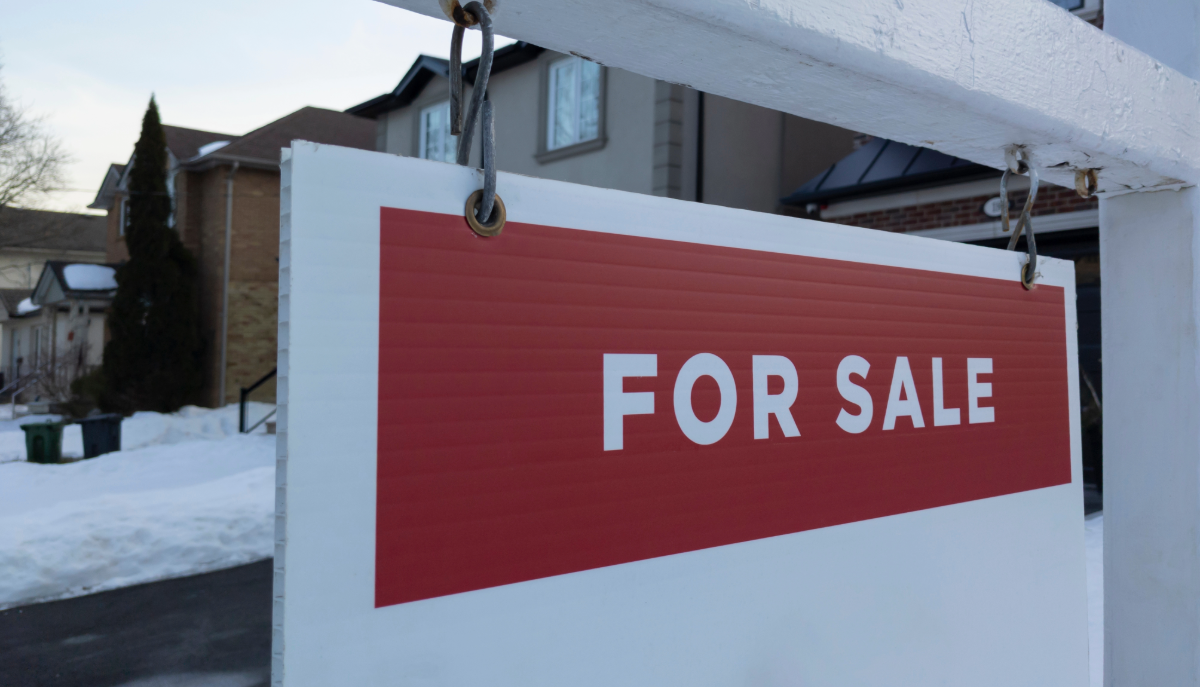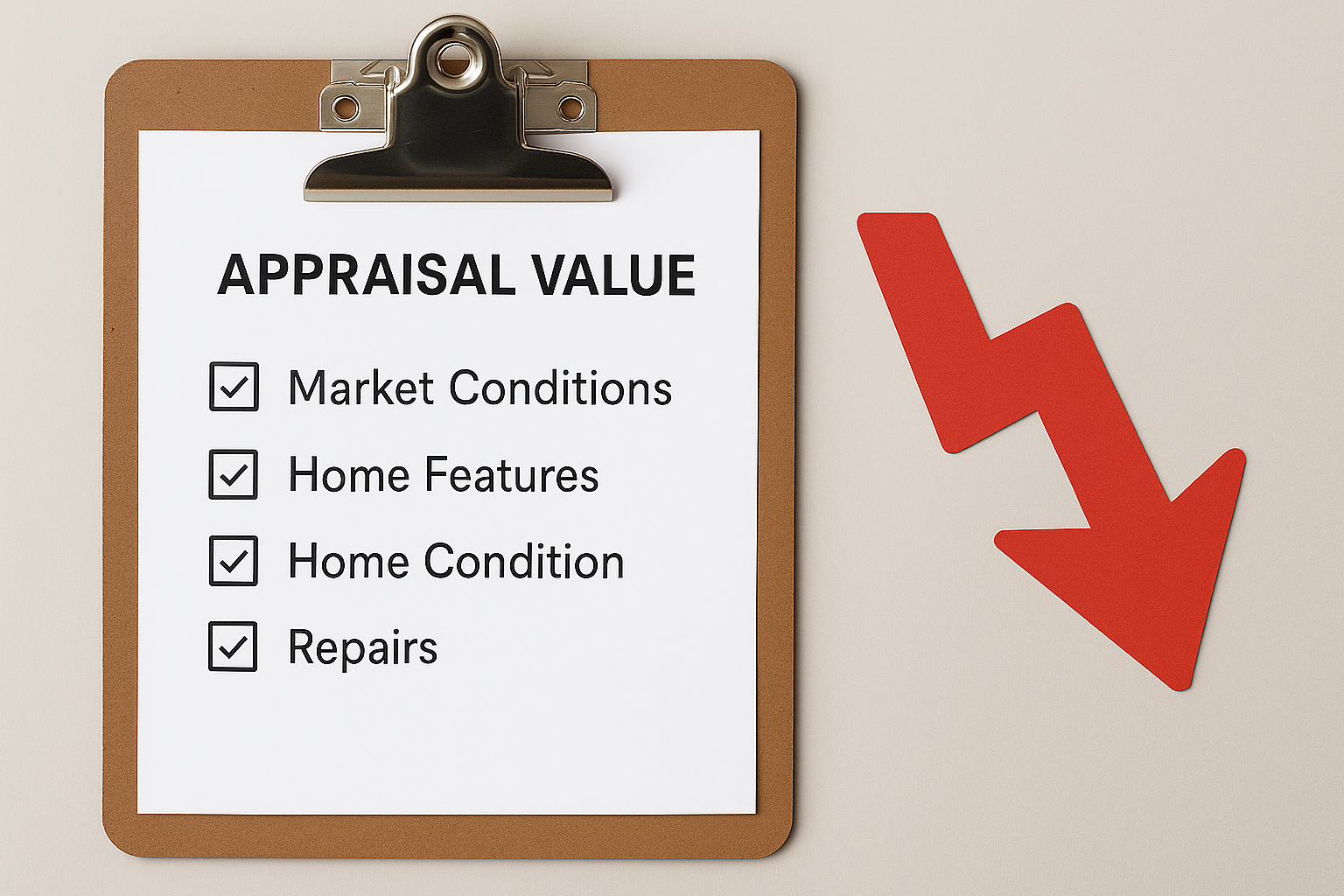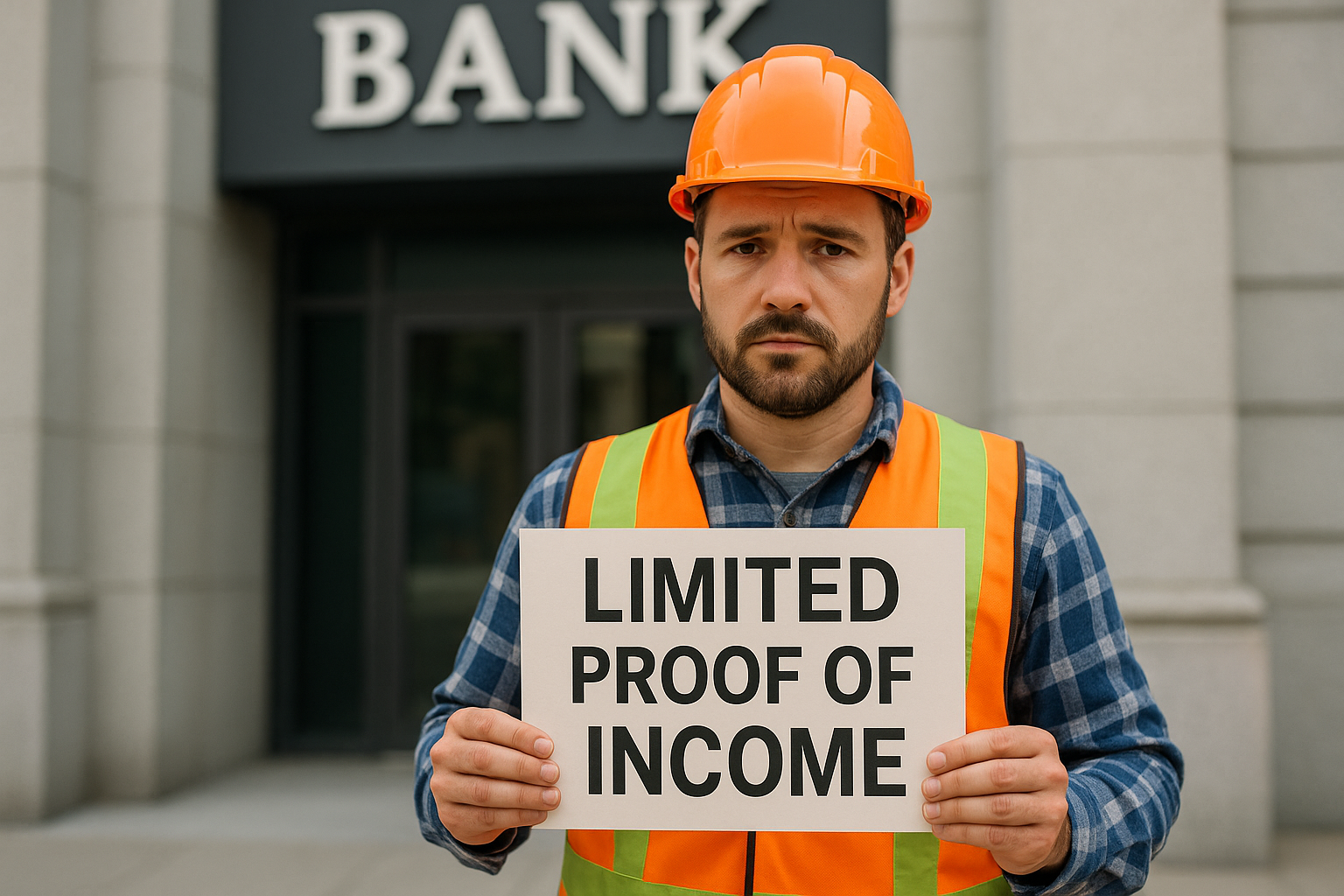Table of Contents
TogglePower of Sale in Ontario: Introduction
Power of Sale in Ontario is a legal process that allows mortgage lenders to sell a property when a homeowner defaults on their mortgage. It’s a measure designed to help lenders recover their investments while allowing homeowners to address their financial challenges. Understanding the procedures, rights, and solutions associated with Power of Sale is crucial for anyone facing this situation. This article will guide homeowners and real estate investors through the key aspects of the Power of Sale process, legal protections, and potential solutions.
What is Power of Sale?
Power of Sale is a remedy available to mortgage lenders in Ontario when a borrower fails to meet the terms of their mortgage agreement. Unlike foreclosure, Power of Sale allows lenders to sell the property without taking ownership of it. This method is faster and less costly, making it a common choice for lenders in Ontario.
Key Features:
- Legal Basis: Governed by the Ontario Mortgages Act.
- Timeline: Typically faster than foreclosure, often completed within months.
- Objective: Recover outstanding mortgage debt, including principal, interest, and legal fees.
Recent Trends:
- Reports indicate an increase in Power of Sale listings, reflecting rising mortgage arrears due to higher interest rates.
Understanding the Legal Procedures
The Power of Sale process follows specific legal steps to ensure fairness for both lenders and borrowers.
Step-by-Step Process:
- Notice of Default: Issued when the borrower fails to make payments. The notice specifies the amount owed and provides a timeline for repayment.
- Redemption Period: Borrowers have a statutory period (usually 30-45 days) to repay the debt and reinstate the mortgage.
- Notice of Sale: If the debt remains unpaid, lenders issue a formal notice indicating their intent to sell the property.
- Property Sale: The property is sold, often through a real estate listing or auction. Proceeds are used to pay off the mortgage and associated costs.
Costs Involved:
- Legal fees
- Penalties and interest charges
- Sale-related expenses (e.g., real estate agent fees)
Homeowner Rights During Power of Sale
Homeowners have legal rights and protections throughout the Power of Sale process. These rights ensure a fair opportunity to resolve the issue and potentially retain ownership of their property.
Key Rights:
- Right to Redeem: Homeowners can pay the outstanding debt, including fees, to stop the sale.
- Right to Excess Proceeds: Any funds remaining after the mortgage and associated costs are paid are returned to the homeowner.
- Right to Challenge: Borrowers can dispute the sale if procedural errors occur or if the property is sold below market value.

Solutions to Stop Power of Sale in Ontario
If you’re facing a Power of Sale, it’s essential to act quickly and explore available solutions. Several financial strategies can help homeowners regain control and prevent property loss.
Common Solutions:
- Private Mortgage: Suitable for homeowners with bad credit or limited income. Private lenders focus on the property’s equity rather than credit scores.
- Second Mortgage: Allows homeowners to access additional funds based on their property’s equity.
- Home Equity Loan: Offers a lump sum loan against the equity in your home to repay arrears.
- Debt Consolidation: Combines multiple debts into one manageable payment, improving cash flow.
Example:
Jane, a homeowner in Toronto, faced Power of Sale due to unpaid mortgage arrears. Her $550,000 home had an outstanding mortgage balance of $275,000, with $10,000 in arrears and $35,000 in unsecured debt. She obtained a private mortgage of $330,000, which allowed her to clear the arrears, consolidate her unsecured debt, and pay associated fees. This solution not only stopped the Power of Sale but also gave Jane a more manageable financial plan moving forward.
Potential Consequences of Power of Sale
While Power of Sale resolves the lender’s issue, it can have long-term repercussions for the homeowner.
Financial Impact:
- Negative Credit Score Impact: The Power of Sale process is reported to credit bureaus, significantly lowering the homeowner’s credit score. This can affect the ability to secure loans or credit cards in the future.
- Loss of Property and Equity: Homeowners lose ownership of their property and any equity built over time. If the property is sold below market value, the financial loss can be devastating.
- Difficulty Securing Future Loans: A history of mortgage default and Power of Sale can make lenders hesitant to approve new loans, even with improved finances.
Emotional Toll:
- Stress and Anxiety: Facing the prospect of losing a home creates immense mental pressure, impacting personal and professional life.
- Disruption to Family Life: Losing a family home can lead to relocation, changing schools for children, and a sense of instability.
- Long-Term Uncertainty: The financial and emotional repercussions of Power of Sale can linger for years, affecting future plans and overall well-being.
FAQ Section
1. What is the difference between Power of Sale and foreclosure?
Power of Sale in Ontario allows lenders to sell the property without taking ownership, while foreclosure involves the lender assuming ownership before selling.
2. How long does the Power of Sale process take?
Typically, the process takes 4-6 months, depending on the circumstances and legal timelines.
3. Can I stop Power of Sale once it starts?
Yes, by paying the outstanding debt and associated costs during the redemption period.
4. What happens if the property sells for more than I owe?
Excess proceeds are returned to the homeowner after the lender and legal costs are paid.
5. Do I need a lawyer during Power of Sale?
While not mandatory, having legal representation can help protect your rights and ensure fair treatment.
6. Can a private lender initiate Power of Sale?
Yes, private lenders have the same legal rights as traditional banks to enforce Power of Sale.
7. How can I find a private mortgage lender?
Consult a mortgage broker or specialist who works with a network of private lenders.
Closure on Power of Sale in Ontario
Power of Sale can be a challenging process for homeowners, but understanding your rights and available solutions can make a significant difference. Whether through refinancing, securing a private mortgage, or accessing home equity, there are ways to stop the Power of Sale and protect your home. Acting promptly and seeking professional advice is key to navigating this difficult situation. At LendToday our team of professionals has been working with homeowners facing these challenges and more for years.
- ID Requirements for a Mortgage in Ontario: What You Need to Know - July 2, 2025
- Low Appraisals: Steps Canadian Homeowners Can Take - June 27, 2025
- What Loan Does Not Require Proof of Income in Canada in 2025 - June 23, 2025






